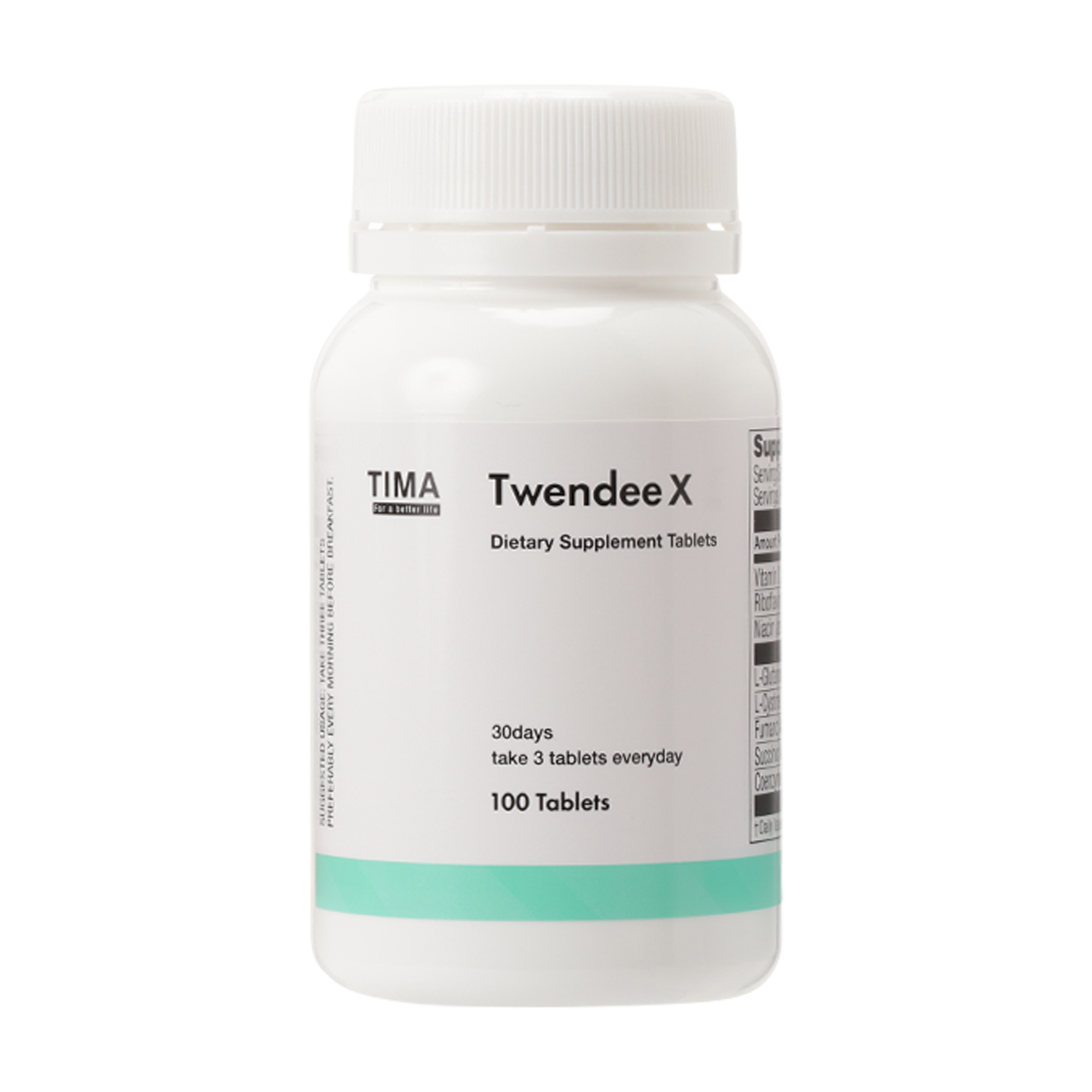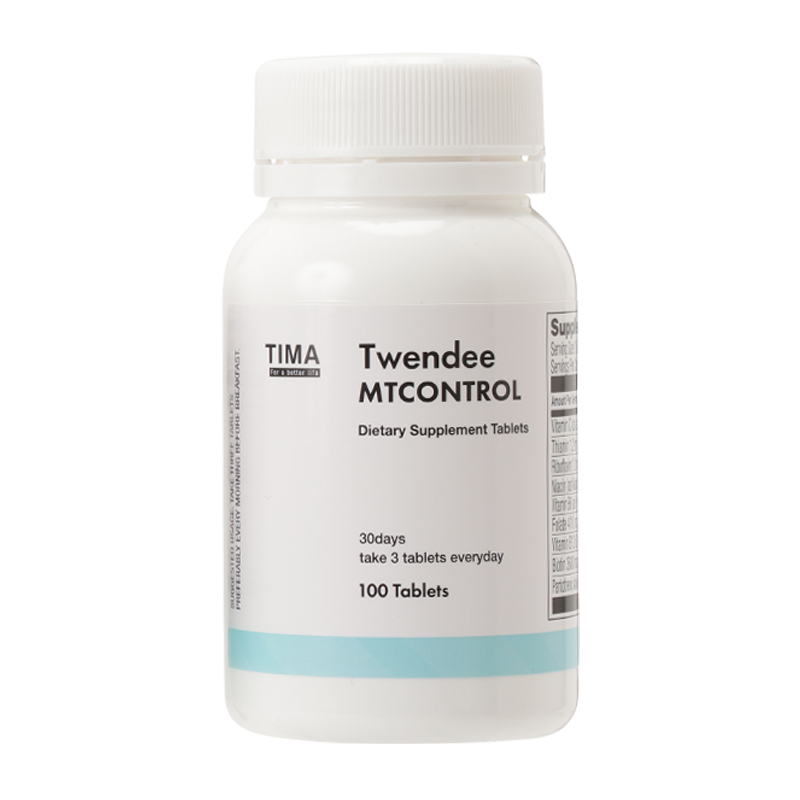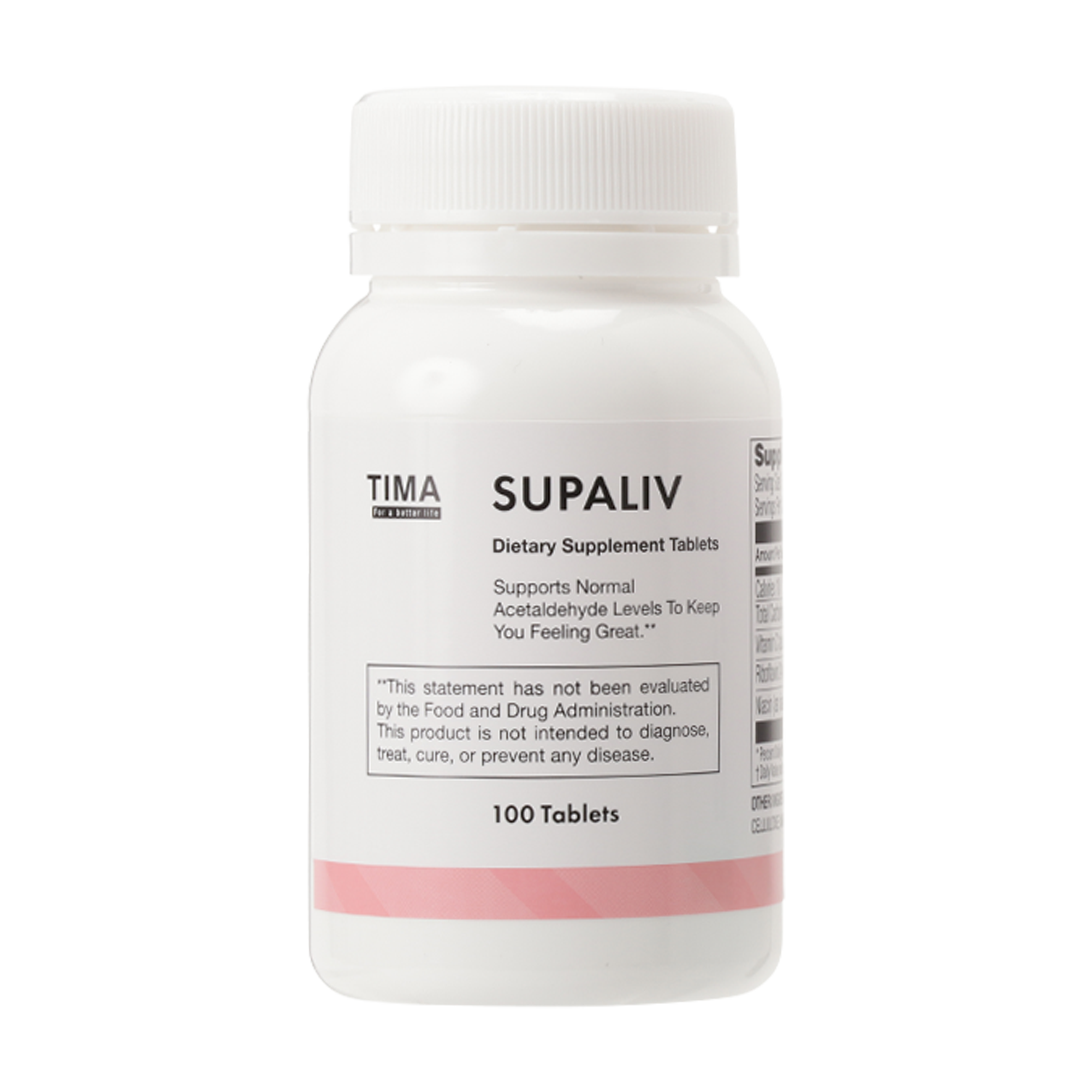Thesis on Oxidative Stress and "chronic obstructive pulmonary disease"
- Paper title
- New concepts in chronic obstructive pulmonary disease.
- Abstract summary
- Chronic inflammation leads to fixed narrowing of small airways and alveolar wall destruction in COPD.
- Authors
- P. Barnes
- Journal
- Annual Review of Medicine
- Semantic Scholar URL
- https://semanticscholar.org/paper/074ca61e3e305d5566598a573dd4561e8d692757
- Abstract
-
Chronic obstructive pulmonary disease (COPD) is a leading cause of death and disability but has only recently been explored from a cellular and molecular perspective. In COPD, chronic inflammation leads to fixed narrowing of small airways and alveolar wall destruction (emphysema). This is characterized by increased numbers of alveolar macrophages, neutrophils, and cytotoxic T lymphocytes, and the release of multiple inflammatory mediators (lipids, chemokines, cytokines, growth factors). There is also a high level of oxidative stress, which may amplify this inflammation. There is increased elastolysis and probable involvement of matrix metalloproteinases. The inflammation and proteolysis in COPD is an amplification of the normal inflammatory response to cigarette smoke. Unlike asthma, this inflammation appears to be resistant to corticosteroids, prompting a search for novel anti-inflammatory therapies that may prevent the relentless progression of the disease.








